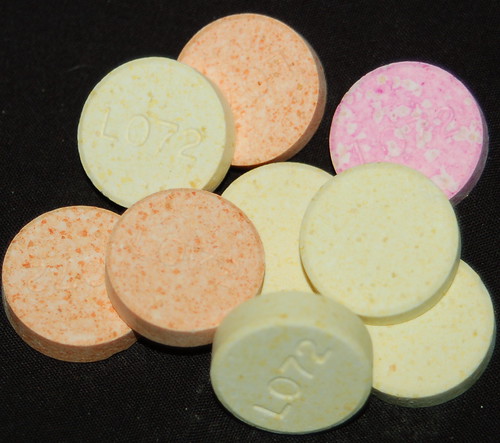If you feel an occasional burning sensation in your chest, especially after eating, then you’re among the more than 60 million people in the United States who suffer from heartburn at least once a month, according to the American College of Gastroenterology. The pain associated with this condition can also affect your throat and become worse if you lie down. Fortunately, there are a few ways to treat this problem.
Causes of Heartburn
Heartburn occurs when stomach acid goes up to your esophagus. The acid irritates the lining of your esophagus, which causes a burning pain. This happens when the bottom portion of your esophagus doesn’t close all the way after opening up to let food and liquid reach your stomach. It can also happen if this area opens up too often. This part of your esophagus, called the lower esophageal sphincter, won’t work the way it should if it becomes weakened or develops an abnormality that prevents it from closing or causes it to open frequently.
Heartburn Triggers
The exact triggers of heartburn differ for each individual, but there are some foods and beverages that lead to this condition more often than others. Beverages that commonly cause heartburn include alcohol, orange juice, coffee and soft drinks. Foods that tend to trigger heartburn include chocolate, fatty foods, tomato sauce, fried foods and onions.
Medications for Heartburn
Over-the-counter medications can help reduce the burning discomfort caused by heartburn. Antacids are commonly used for fast, short-term relief. They work by neutralizing stomach acid, but they don’t help your esophagus heal. You’ll need additional medication for that. Another type of medication used for heartburn decreases the amount of acid your stomach produces. These H-2-receptor blockers take longer to work, but they’re more effective. Your doctor can also prescribe a stronger version of H-2-receptor blockers for severe heartburn. Proton pump inhibitors reduce acid production and give your esophagus enough time to heal.
Lifestyle Changes
You can help relieve heartburn by making a few changes to certain daily routines. Eat smaller portion sizes for your meals so that you don’t overeat, and avoid lying down right after eating. You should also avoid the foods and beverages that cause you to have heartburn. Staying at a healthy weight can also help since excess weight can cause your abdomen to push on your stomach and send acid to your esophagus more often. The Mayo Clinic also recommends giving up smoking, which can interfere with your lower esophageal sphincter’s ability to work properly. Mayo Clinic You should also wear clothes that fit loosely around your abdominal area. Tight clothes can put pressure on your abdomen, which can end up pushing stomach acid into your esophagus.
Having heartburn every so often usually isn’t a cause for concern, but you should call your doctor if you have it a few times a week or if medications aren’t helping. Frequent and severe heartburn can be a sign of a more serious problem called gastroesophageal reflux disease, which can cause damage to your esophagus.
– Cassie Golie writes for Viamedic expert interviews.



